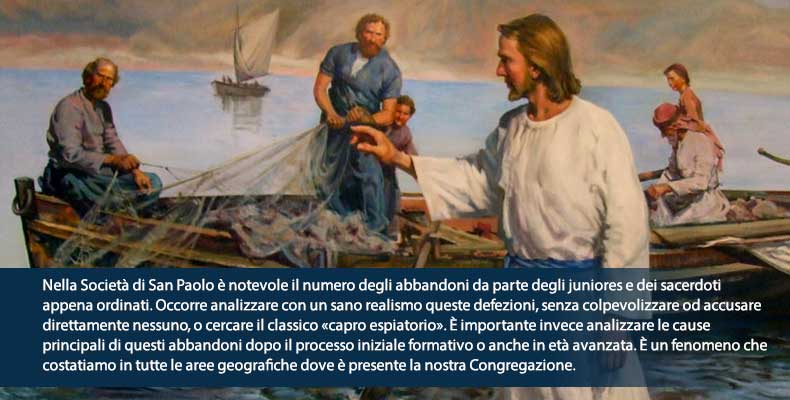From the beginning (as a historical movement in the Church) the essence of consecrated life (CL) was clear to the desert Fathers. They simply wanted to live their baptismal covenant in a radical way. The second moment of their reflection was on the four indispensable foundations, on which they intended to build their life to implement their consecration project. What gives meaning to these foundations is the very essence of consecrated life, that is, the covenant of baptism lived in radicality. The four pillars are the experience of the primacy of God in the life of the consecrated person expressed through religious consecration; the prophetic mission in the Church; fraternal life in community; the public profession of religious consecration. A consequence of this desire to live the primacy of God in the life of the consecrated person is that such a commitment is for life. It is radical. This concept of “permanence until death” is more difficult for some young religious and for those in formation to understand, because there are no signs of permanence and stability in our present society. All those in formation know of their divorced relatives, or priests, or religious who abandon their commitments. Those in formation do not have clear references of permanence and commitment for life. Furthermore, some theologians present a form of temporary CL as a possible alternative to CL in the post-modern Church. And it must be said that this opinion has not yet been generally accepted among consecrated theologians. The idea that consecrated life is freely assumed for life is still the most accepted today.
In the Society of Saint Paul, the number of “dropouts” by the juniors and newly ordained priests is significant. These defections must be analyzed with healthy realism, without blaming or directly accusing anyone, or looking for the classic “scapegoat”. Instead, it is important to analyze the main causes of these dropouts after the initial formation process or even in old age. It is a phenomenon that we observe in all the geographical areas where our Congregation is present.
It must be clear that this is not always and only affective crises, which, moreover, many times are the consequence of a remote disappointment caused by a community life without authenticity. The detachment between what is proposed at the level of values and what is actually experienced can even lead to a crisis of faith.
Two aspects of our arrangement of community life regarding formation deserve special attention:
- The excessive amount of exaggeratedly urgent activities creates the danger of not allowing a firm and capable spiritual life to nourish and sustain the desire to live consecrated life in fidelity;
- In some Circumscriptions, there is almost total isolation of the juniors in communities mainly of elderly and/or sick people who experience difficulties in engaging a style of spirituality, prayer, apostolic activities according to the needs of the new evangelization. This leads to undermining the hope of young people with a good prospect of vocation, and this frustration causes the person in formation to see abandoning us as the only possible way.
Any request to leave the community should be an occasion to seriously question the responsibilities of the whole community and, in particular, of the superiors and formators at the various levels. It is no coincidence that the main reasons for abandonment are a very weak community experience of the faith, conflicts in fraternal life or the tenor of this very poor fraternal life, which does not constitute «a school of experts in humanity» (Paul VI); and we can add the observation of providing “colourless” formation, without Pauline colour that does not attract and motivate anyone. There is also the fact that today vocational options are fragile and many times based on motivations somewhat inconsistent with consecrated life. Pope Francis, speaking to seminarians and novices said to them: «I do not reproach you; I reproach this culture of the temporary that affects everyone ... Because a definitive choice today is very difficult. We are victims of a temporary culture» (6 July 2013).
Fr. José Salud Paredes



